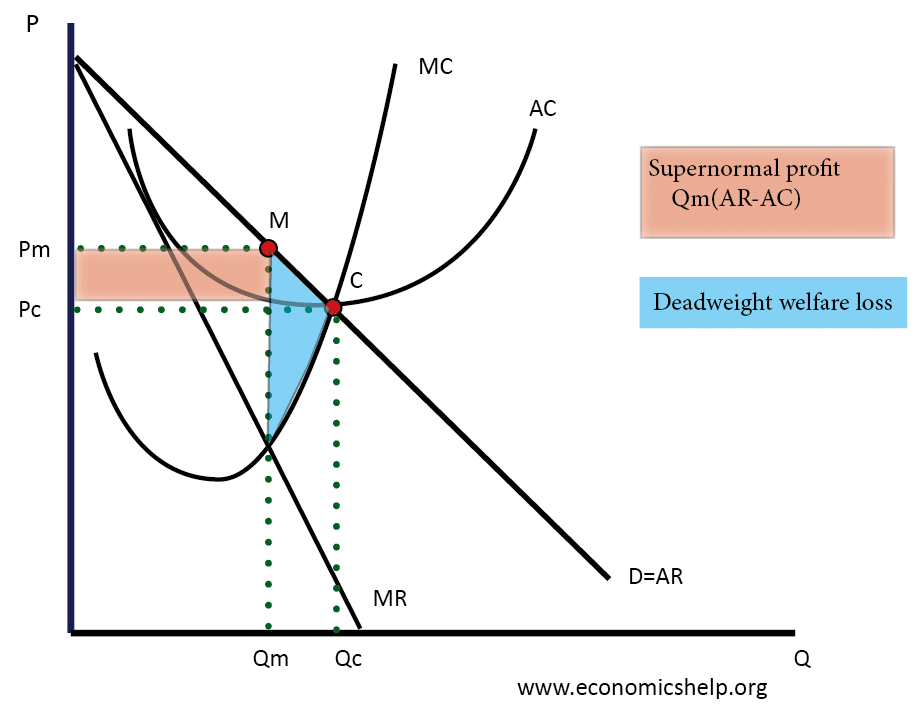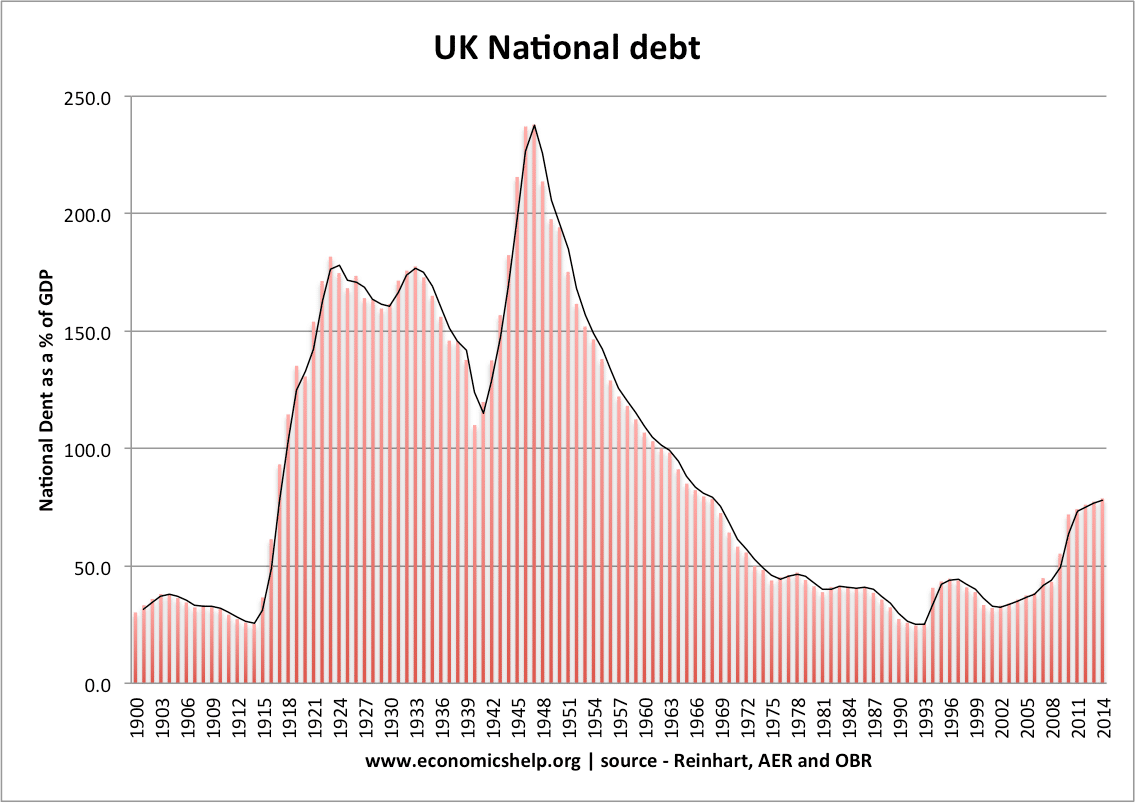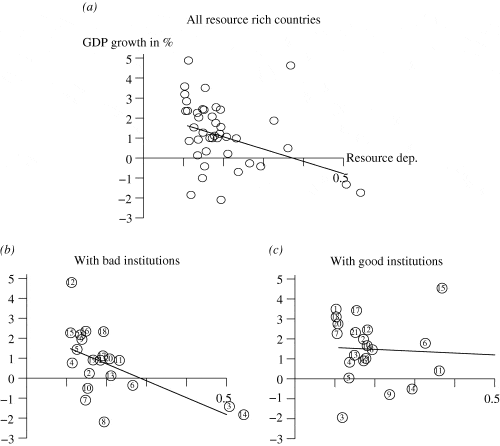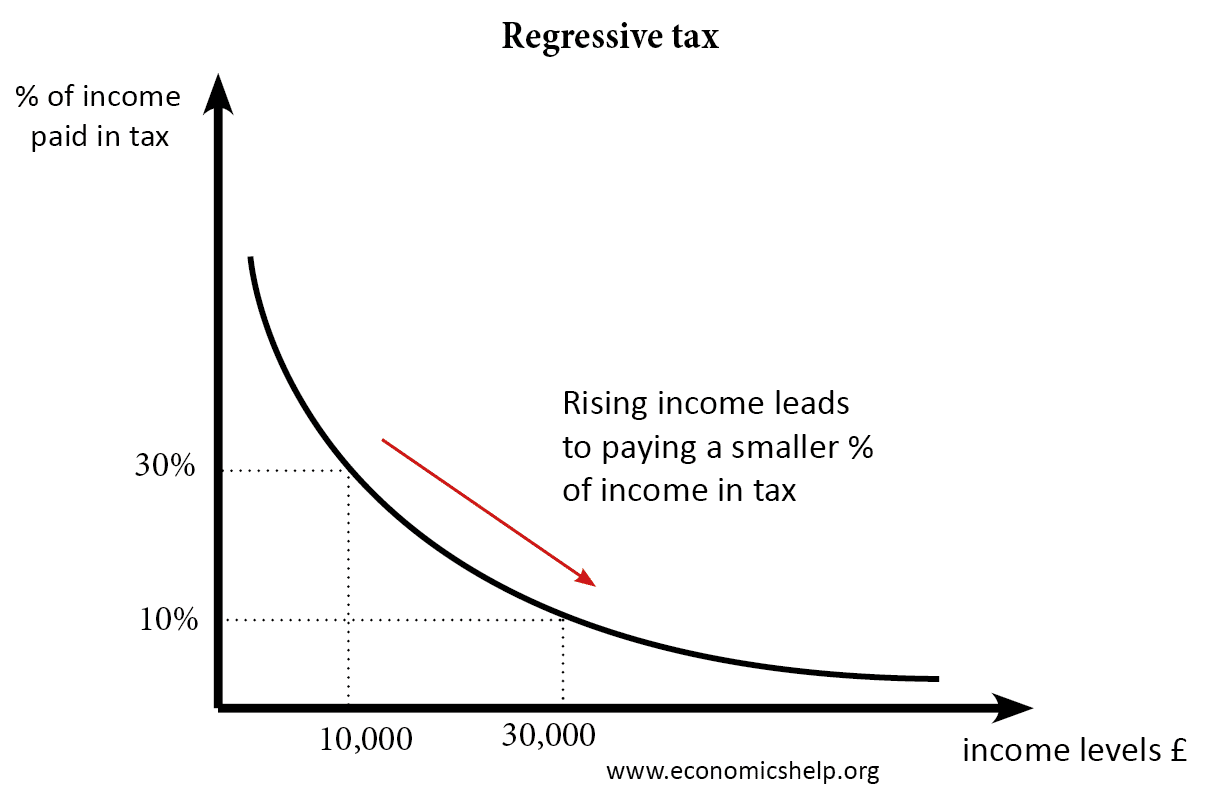Anti Trust Policy and Monopoly
Antitrust policy refers to government intervention in markets dominated by monopolies and abuse of monopoly power. In the UK, antitrust policy is better known as simply competition policy, with the OFT and Competition and Markets authority investigating mergers and abuse of monopoly power. In the US, antitrust become important in the late nineteenth century, when …





